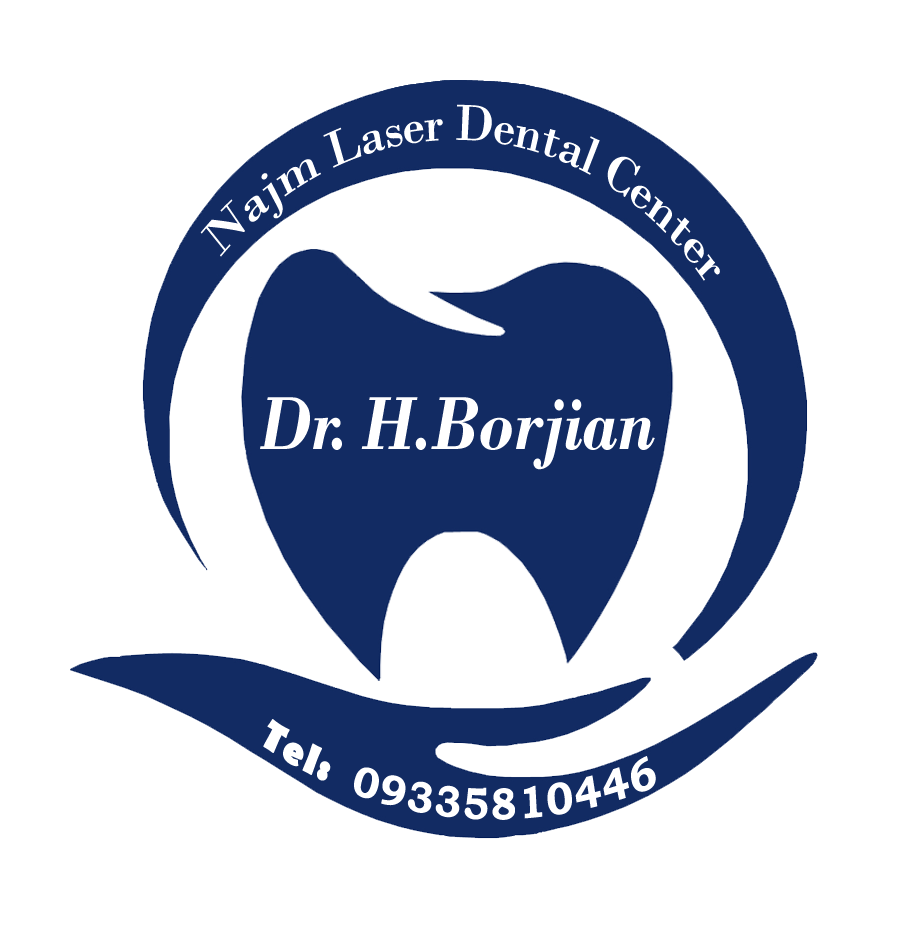Investigating the causes and symptoms of wisdom tooth infection
The pain of a wisdom tooth infection is so great that it ranks second in severity after cancer. Moreover, this type of pain should be treated immediately to prevent any possible further complications. In this article from Dr. Hossein Borjian's website The best gum surgeon in Isfahan We examine the causes and symptoms of wisdom tooth infection. Things that cause your wisdom tooth to become infected include::
Out of reach of wisdom teeth
Wisdom teeth are out of reach and impossible to clean
This infection mainly occurs because wisdom teeth are closest to your throat, which means they are difficult to reach with floss or a toothbrush.. They are likely to be improperly cleaned or neglected. In this way, waste materials such as plaque and food can accumulate between and on the teeth, causing bacteria to grow..
Semi-erupted wisdom teeth are more vulnerable
There are even times when Wisdom tooth It grows only partially. When this happens, the tooth may be covered with a flap of gum tissue, which can act as a pocket to trap bacteria that feed on plaque and food, leading to pericoronitis..
On the other hand, perichronitis condition specifically refers to the bacterial infection of the soft tissue around the crown or the non-root part of the semi-erupted tooth.. The crown is usually placed above the gum line. Most cases of pericoronitis involve wisdom teeth, but it can also occur on other teeth. Also, infection is a common symptom associated with impacted wisdom teeth.
A place where bacteria grow
The opening created by a partially erupted wisdom tooth can act as a breeding ground for bacteria and lead to pericoronitis or wisdom tooth infection.. Proper treatment of such an infection can be very challenging because it is a serious illness. It is hard to get rid of and wrong attempts to deal with it can make the problem worse.
Whenever your wisdom tooth partially erupts or doesn't fully erupt above the gum line, the gum will eventually cover where the partial eruption started.. This makes it unlikely that your infection or perichronitis will heal until the gum flap is removed and your wisdom teeth are all the way through.. Otherwise, wisdom tooth extraction is necessary, especially if it grows at a crooked or problematic angle.
Your third set of molars are impacted whenever they do not develop properly or fully. A child has two sets of teeth, including baby teeth and permanent teeth. Perhaps through a quirk of human evolution, most human jaws do not have enough room to open this third set of molars, so wisdom teeth usually only partially erupt..
Symptoms of wisdom tooth infection
Your wisdom tooth is the last tooth to come out of your mouth. Unfortunately, most human jaws are not large enough to accommodate the last set of permanent teeth, leading to serious problems and complications..
The signs and symptoms of wisdom tooth infection or pericoronitis are:
- Headache: Sometimes, the pain from an infected wisdom tooth can be so severe that it already causes a headache.
- Pain in the tooth area: This is the most common symptom of pericoronitis. It hurts where the wisdom tooth is supposed to grow.
- Bad smell and taste: Due to the presence of pus from your infected tooth, you will suffer from bad breath and sour taste from the infection site.
- Pain and swelling: A wisdom tooth infection can also lead to swollen lymph nodes under the jaw and a sore throat. The swelling can also spread to your entire face.
- Pain beyond the tooth area: There are also cases where infected teeth can cause more throbbing pains that are felt in the throat, neck, and jaw..
- Difficulty chewing and eating: Your infected wisdom tooth can be painful.
- Drainage of pus: Pus can also form from an infected tooth. Pus is a yellowish-white black substance that is common in infections and is actually made up of dead white blood cells..

Complications of wisdom tooth infection
Perichronitis usually occurs when wisdom teeth suffer from the following complications:
Excessive growth
A half-grown tooth is a tooth in which the crown of the desired tooth has only partially penetrated through the gum line.. This may be a temporary situation as the tooth is erupting. However, once the tooth is implanted, the position of the tooth becomes permanent.
indentation
Impaction occurs when your teeth partially erupt or fail to erupt into the dental arch during a certain growth window.. Impact also means that no further progress will occur through the gum tissue. Many of the symptoms listed in this article are caused not only by partial crowding, but also by overgrowth, where the teeth grow sideways..
The Instagram page of Dr. Hossein Borjian, the best gum surgeon in Isfahan
Placement of wisdom teeth between gum and bone
A wisdom tooth that sits between the bone and the gum can become painful and infected really quickly because there is so much space left where the teeth are supposed to be.. During the eruption stage, in which the pocket penetrates and the tooth first pushes its crown out of the gum tissue, the integrity of the pocket is lost.. If the tooth does not erupt further, bacteria in your mouth can easily accumulate and colonize that space, resulting in pericoronitis..
Entrapment of bacteria and food
The gum flap is where food particles and bacteria tend to multiply, leading to infection.. This part should be properly cleaned or removed altogether.
Different types of pericoronitis
There are also two types of pericoronitis. which includes the following:
Transient pericoronitis
In cases where wisdom teeth are growing, the infection should be transient or temporary. Once the teeth are fully erupted, you should be able to floss and brush properly, thus preventing bacterial growth and infection..
Persistent pericoronitis
However, in cases where the tooth grows partially and also grows sideways. Repeated episodes of infection must occur. Because you cannot clean a properly erupted tooth.
If you suspect that one or both Wisdom tooth You are infected, you should consult a dentist as soon as possible to fix it. A dental professional will diagnose an infection or decide if there is another problem. From there you can start treatment immediately. Depending on the severity of the infection and the growth of the wisdom tooth, there may be a need for dental surgery and bone grafting.
Attention :
- The scientific accuracy of the above article should be consulted with Dr. Borjian, a specialist, in person Gum and bone grafting be confirmed.
- This article was managed and published by the site admin.
Read more :
Common causes of sore tongue and sore throat
Causes of external stains and yellowing of teeth



